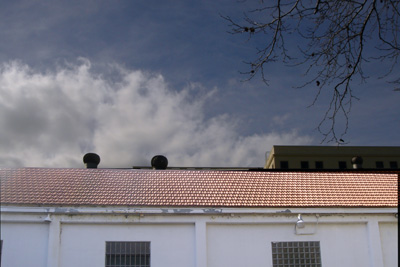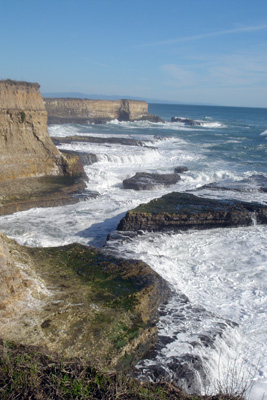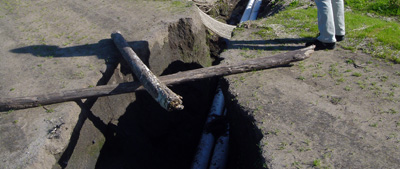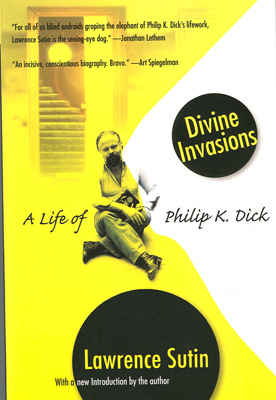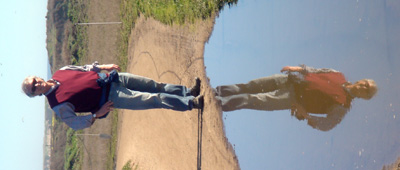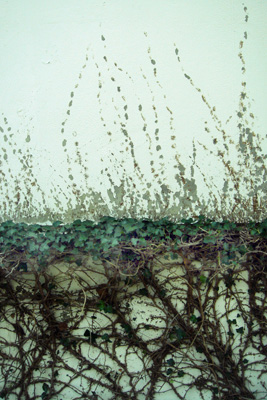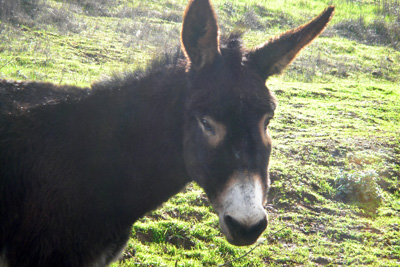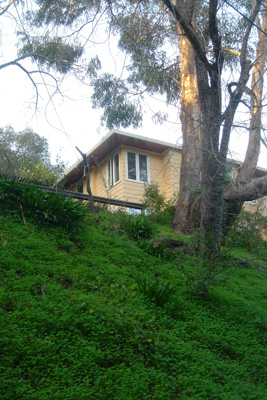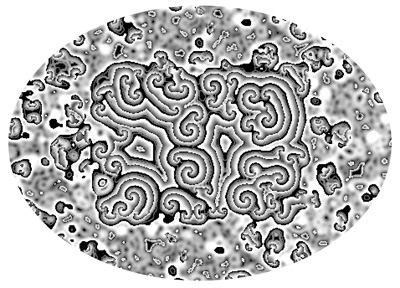I could really use some comments on things you’d like to see in a novel about the world after a Singularity which links us all into a supercomputational “orphidnet” web which contains superintelligent emergent AIs, a supremely intelligent God-like AI called the Big Pig, and which allows for intelligence amplification, turning individuals into IQ 1000 “kiqqies.”
The art, the cuisine, the culture, the sex, the sports, the consumer products, the architecture, the language, the mores — what changes would you most like to read about?
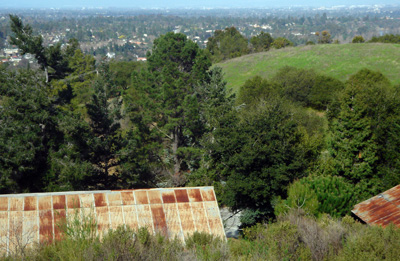
In other words, I’m still playing with the outline for my Postsingular novel, considering a drastic revamp of what I had in mind.
Today, lying on my yoga mat in the back yard thinking about all the plot possibilities, I briefly felt as if the ground under me were gently rocking, as if I were on a raft floating out into an unquiet sea. Unsure where I’ll fetch up. But I’m sure I won’t drown.
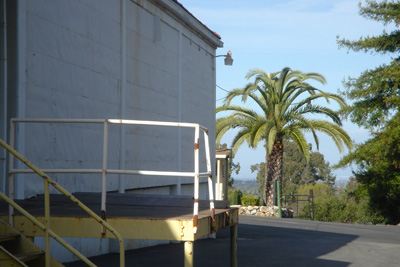
I need to have a clearer picture of the interface to the orphidnet that a person has via the scalp orphids connection. You close your eyes and see your body in your surroundings. You can zoom out to see the Earth globe, then zoom in where you like. A ghostly body comes with you, although this ghostly body’s shape is customizable. You wear a toolbelt. Messages come in at you like flying letters. You can swat them, or autoswat them, you can tell what they are by how they look. But they may camouflage themselves.
One thing I keep thinking about is how it would feel to encounter spam ads, and set up filters to block them. If you really want to keep spam ads out, you can wear a tinfoil hat, I guess, though that’s kind of bathetic. I don't want my characters to seem like schizo saucer nuts… Even if there really are voices in the air!

You can instant-message a spoken or silent conversation back and forth. You can send someone a link, it’s like an egg they crack open. A link and a message are rather similar, a link is an egg, a message is a letter.
A person can wear an ad on their back, so that when you look at them, you see the ad, like the spikes on a stegosaurus. Or maybe it’s more like a halo. You can look at your own orphids and have them glow according to how often they’re being hit by viewers.
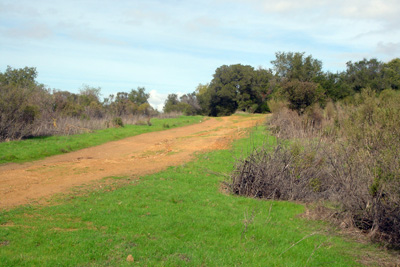
Intrigues are hampered by the fact that everyone can see and hear everything in the orphidnet world. The one somewhat secure channel of communication is via a crude sort of verbal cell-phone-like telepathy mediated by the orphidnet. This is hard to eavesdrop on, also you can use emoticon codes. Or you can sit inside a Faraday cage I suppose.
I’d like to have my heros not only be able talk in secret but be able to sneak around — for plot purposes. I think I’ll just go for it and say that the kiqqies can ask the Big Pig to turn off their orphids “send position info” and “reflect a ping” features so they can be invisible in the orphidnet. Underground.
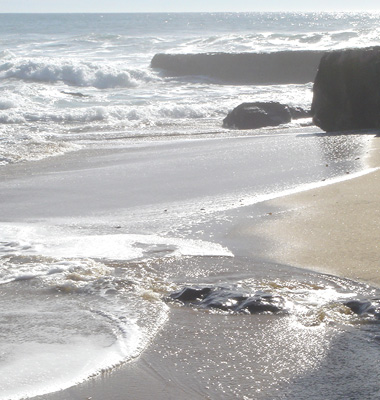
Two quotes about the beloved Big Pig. Getting high by contacting the Big Pig is similar to the experience of a devout person becoming ecstatic through prayer.
“…the outrageously rich and intricate Big Pig like a birthday piñata stuffed with beautiful insights woven into ideas that linked into unifying concepts that puzzle-pieced themselves into powerful systems that were in turn aspects of a cosmic metatheory — aha! Hooking into the billion-snouted billion-nippled Big Pig made Jayjay feel like more than a genius.”
And “…here were the billion snouts, tails, trotters, and flop-ears of the Big Pig, the meta-beezie atop the trillion-strong beezie hierarchy, the eye on the pyramid whose base held the sextillion networked orphids of Earth.”
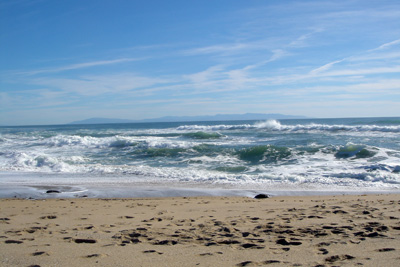
Help me, Big Pig and dear readers.










